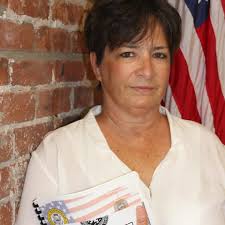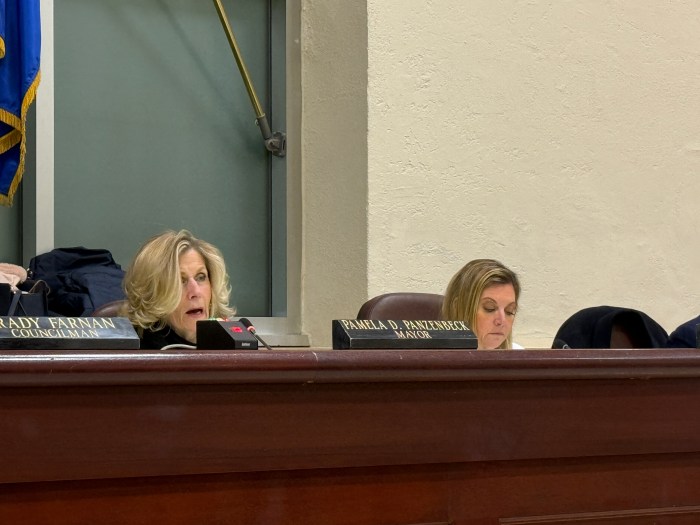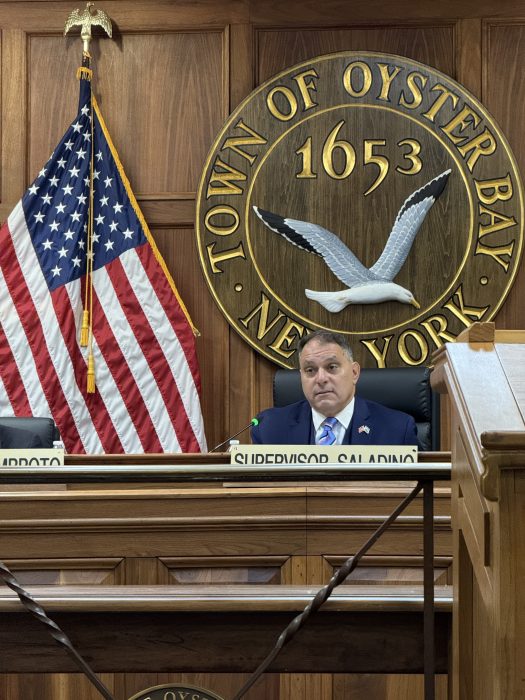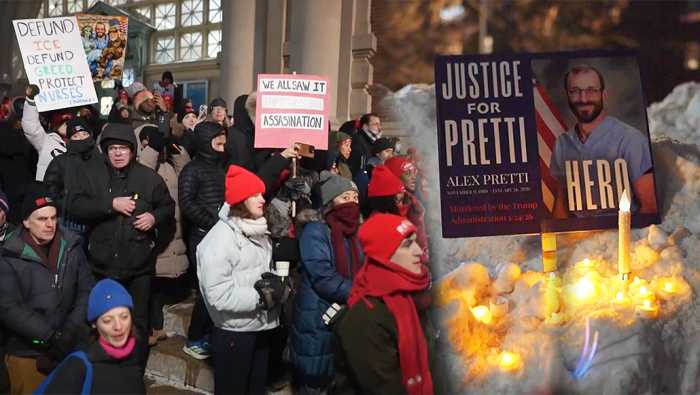Many friends and associates were shocked by the vehemence with which I opposed pardons for the Menéndez brothers, who in 1989 savagely murdered their mother and father at their mansion in Beverly Hills.
Thanks to what amounted to a charm offensive by Kim Kardashian and other A-list celebrities, and a wet kiss multi-part documentary from Netflix, the brothers had become the darlings of criminal justice warriors.
Seduced by the clamor, then Los Angeles District Attorney George Gascón agreed to reduce their original murder sentences from life without possibility of parole to the more lenient 50 years to life.
What made the reduced sentence so important was a controversial California law that permits leniency to lifers who committed their crime under the age of 26. Brother Lyle was 20 at the time of the murders, Eric just 18. (They are now 57 and 54, respectively.)
Last week, the California Parole Board met separately via remote television with their respective prisons with both. At issue were three elements. First, after 36 years in prison, had they been rehabilitated? Did they feel sincere remorse for their terrible crimes? And finally, if released, what was the risk that they would commit violence in the future?
From the dashing figures, they cut back in their glory days, immediately following the ghoulish murders, when the Beverly Hills community was sympathetic to young men who had lost their parents so brutally to a murderer bent on robbing their Beverly Hills mansion, how had they changed?
The current L.A. District Attorney, Nathan Hockman, replaced George Gascón earlier this year. Gascón was considered too lenient, too soft on violent crime by Los Angeles voters.
Unmoved by the Kim Kardashian-inspired campaign to free the brothers, Hockman said he was unconvinced that they ever fully accepted responsibility for the horrific murders. He suggested that they were attempting to take advantage of the false narrative of remorse they had crafted during their years behind bars, and of the victims’ rights movement, which had come of age in recent decades.
Central to the surging wave of sympathy the brothers attracted was their claim of horrific sexual abuse perpetrated on them by their father José Menendez.
While abuse of that nature is unforgivable, it is not always credible. Why, for example, if these young men had been so victimized by their own father, why didn’t they tell someone? They blew their father’s face off and mutilated their mother, who they never alleged abused either of them. What about the “abuse excuse,” the manipulation of society and sympathy?
So, to leave them in or let them out?
Under California law, the Parole Board recommends release or continued custody, and then the governor, in this case Gavin Newsom, gets the final say. A few years ago, Newsom denied parole to the 1968 killer of Robert F. Kennedy, Sirhan Sirhan, who now claims he did it to protest the suffering of his fellow Palestinians.
Given Gov. Newsom’s recently discovered macho, I said on television that it was highly unlikely that he would grant parole to two selfish punks, who slaughtered their parents with shotgun blasts at close range, and who celebrated their parents demise and their own newfound wealth with extravagant shopping sprees in Beverly Hills, where they became the toast of the town.
Having covered their trial for murder in which they never raised the issue of sex abuse, I was totally unmoved by their pleas for sympathy and a second chance. Would you heed their calls for mercy? Would you like to live next door to either one of them?
Parole denied.
































